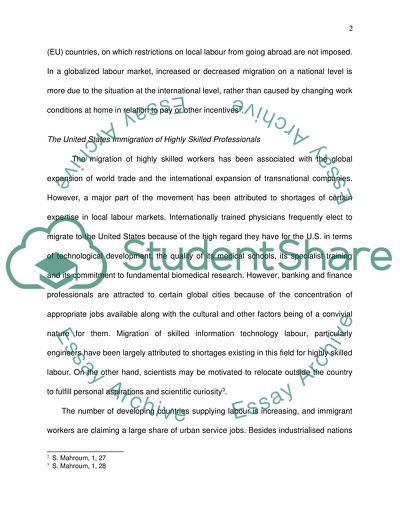Cite this document
(Migration: Desired and Permitted Movements of Persons - Reasons and Co Assignment, n.d.)
Migration: Desired and Permitted Movements of Persons - Reasons and Co Assignment. https://studentshare.org/human-resources/1557142-migration-desired-and-permitted-movements-of-persons-reasons-and-consequences
Migration: Desired and Permitted Movements of Persons - Reasons and Co Assignment. https://studentshare.org/human-resources/1557142-migration-desired-and-permitted-movements-of-persons-reasons-and-consequences
(Migration: Desired and Permitted Movements of Persons - Reasons and Co Assignment)
Migration: Desired and Permitted Movements of Persons - Reasons and Co Assignment. https://studentshare.org/human-resources/1557142-migration-desired-and-permitted-movements-of-persons-reasons-and-consequences.
Migration: Desired and Permitted Movements of Persons - Reasons and Co Assignment. https://studentshare.org/human-resources/1557142-migration-desired-and-permitted-movements-of-persons-reasons-and-consequences.
“Migration: Desired and Permitted Movements of Persons - Reasons and Co Assignment”. https://studentshare.org/human-resources/1557142-migration-desired-and-permitted-movements-of-persons-reasons-and-consequences.


